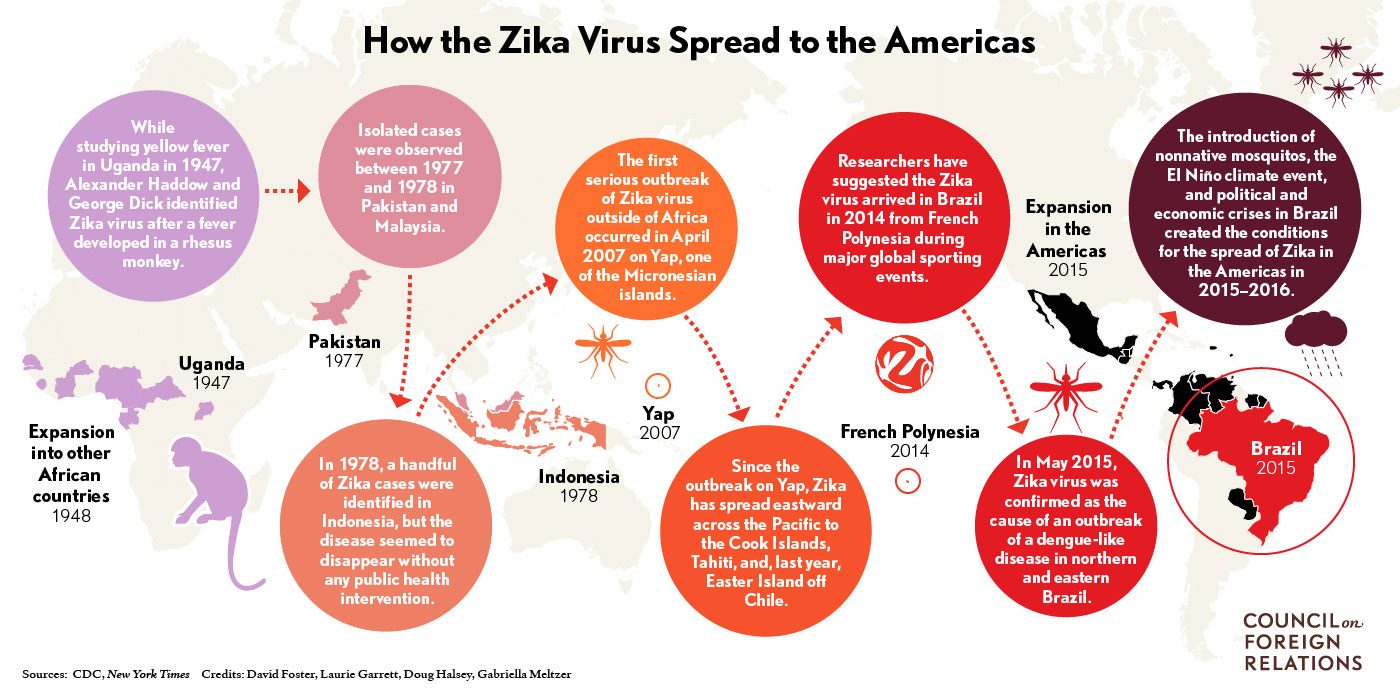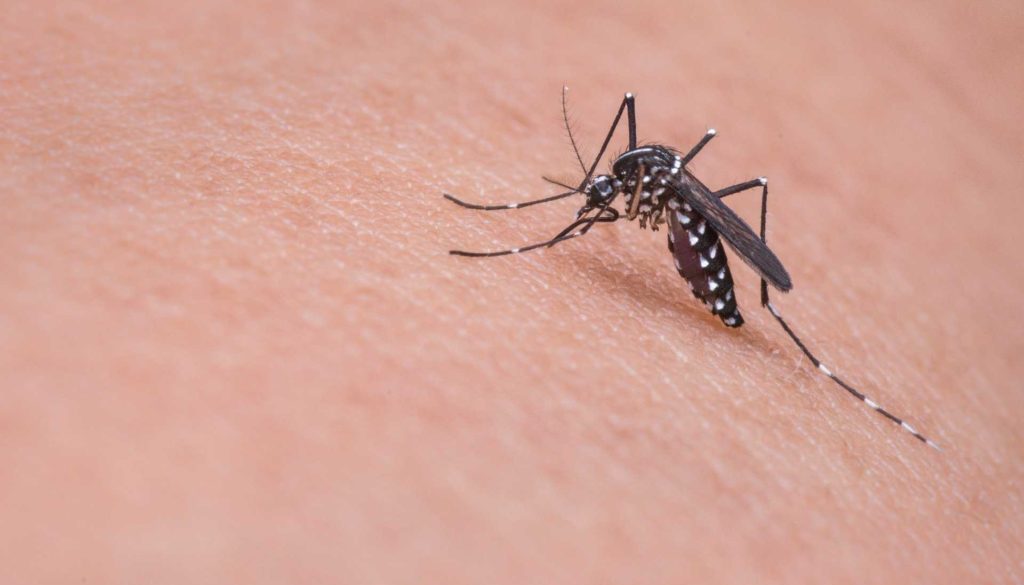Understanding Zika Virus
There has been a lot of information in the media about Zika virus and it can be confusing and worrying. We thought we’d help clarify some of the important facts about Zika virus in order for you to be informed and prepared with preventative tools to decrease the risk of contracting this virus while you are in a risk area.
What is Zika virus?
Zika virus is spread by mosquitoes and causes a disease that is usually very mild with flu like symptoms and a rash. However, Zika virus can be a serious concern for pregnant women and may cause brain defects in the fetus such as microcephaly (an abnormally small brain and head).
What causes Zika virus infection?
Zika virus is transmitted to people primarily through the bite of an infected Aedes species mosquito, an aggressive daytime biting mosquito. Transmission can also occur through sexual contact and by spread from mother to fetus during pregnancy. More than forty countries have reported cases. Travellers to the Caribbean, Oceania and Central and South America are particularly at risk. Recently a few cases have occurred in Florida.
What are the symptoms?
Zika is usually mild and lasts for 5-7 days. Symptoms may include fever, headache, joint pains, rash, red eyes and muscle aches. Up to 80% of those infected have no symptoms at all. The Zika virus only rarely causes serious illness or death.
How can I prevent Zika virus?
Since there is no vaccine or medication to prevent Zika, mosquito precautions are extremely important. Wear clothing with long sleeves and pants if possible and use mosquito repellents on exposed skin. Repellents should contain 30% DEET or an equivalent product and should be reapplied according to the product label.
Zika can be passed through sex from a person with Zika to his or her partners. For couples considering getting pregnant, if either partner has been exposed to Zika, they should wait 8 weeks before trying to conceive and should use condoms during that time period. If either partner has had symptoms of Zika, the couple should wait 6 months before trying to conceive. These recommendations could change as further research is done on the transmission and the effects of the Zika virus. When you return from your trip, we recommended that you speak with a doctor in order to determine the most recent recommendations.
For the latest list of countries and territories with active Zika virus click here.




